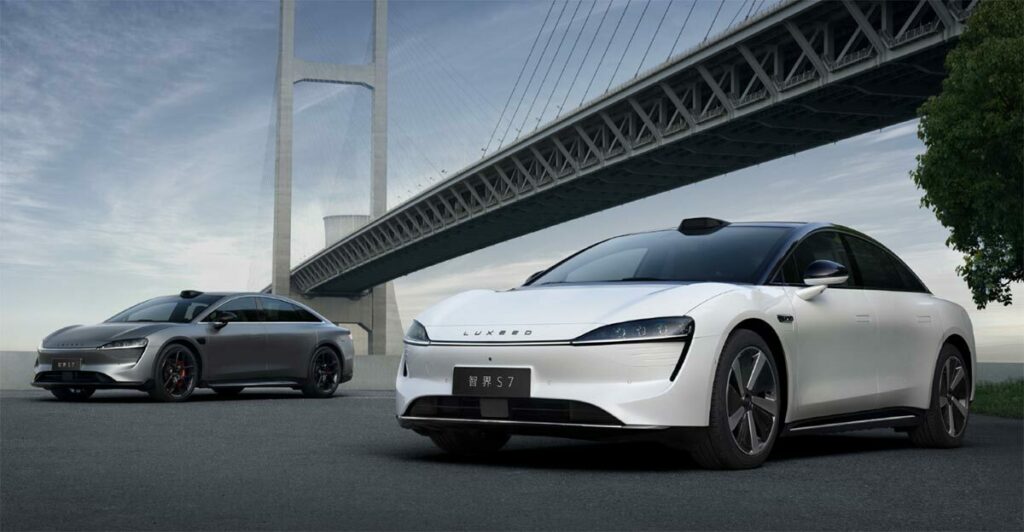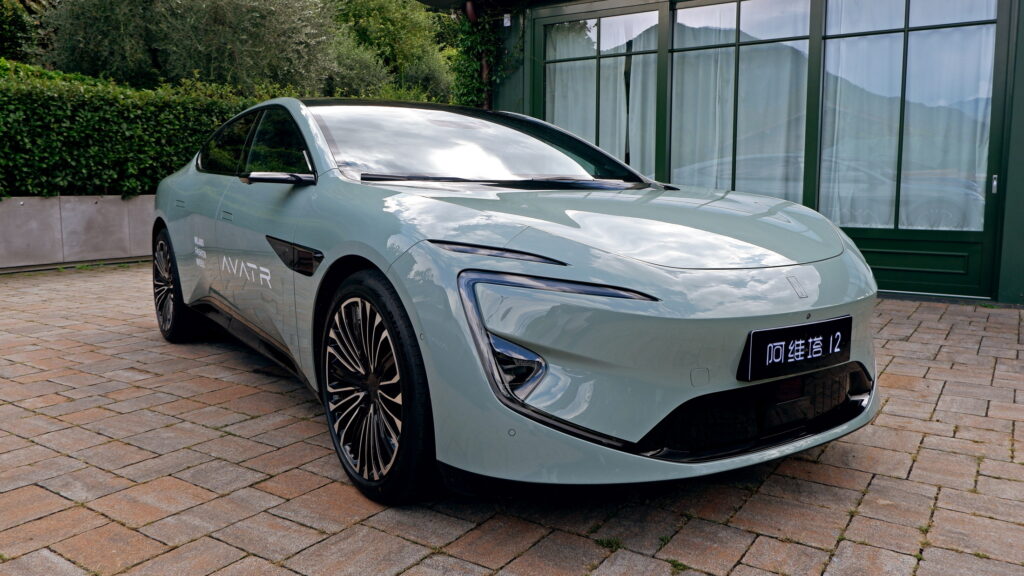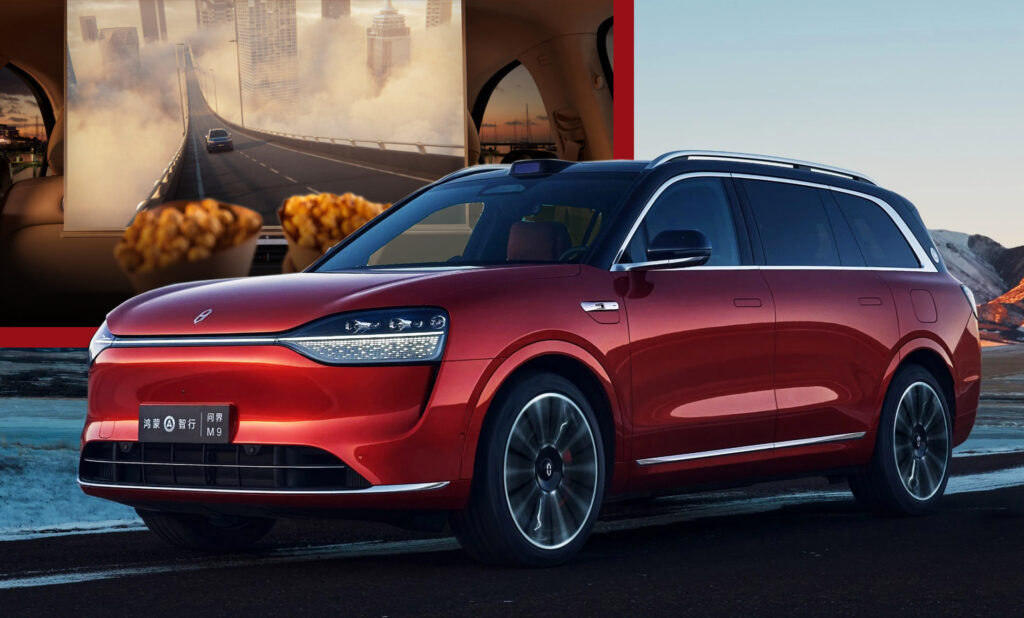Several electric vehicles from China have been hit with a delivery delay as a result of a production issue for a Huawei-sourced computing unit.
The computing unit in question is known as MDC 810 and is used to power advanced driver assistance systems. A source understands that the production issue has been triggered by a shortage of one of the components used in the unit.
Sources have informed Reuters that three vehicles are impacted by the delay. These are thought to include the Avatr 12 from Changan launched late last year which had secured 20,000 orders as of December 1, as well as the Chery Luxeed S7 sedan which is also proving popular and had roughly 20,000 orders by November 28.
Luxeed informed buyers last month they would be reimbursed up to 10,000 yuan ($1,400) if they were unable to pick up the keys to their new car on the date promised.
Read: Huawei Exec Says Luxeed S7 Will Be ‘Superior To Tesla Model S’

The third vehicle impacted by the delay is the Seres Aito M9 SUV. It premiered at the end of December and is an electric six-seater featuring Huawei’s ADS 2.0 autonomous driving system. Two powertrains have been announced for it. The first features a pair of electric motors and a 97.7 kWh battery pack that gives it 392 miles (630 km) of range and 523 hp.
A range-extender version is also offered that pairs a 1.5-liter generator with two electric motors and either a 42 kWh or 52 kWh battery pack. The carmaker had planned to start deliveries by January 26 but has missed that target.
The Alpha S sedan from Arcfox also uses the same Huawei computing unit and production of it has been impacted in the past due to short supplies.




